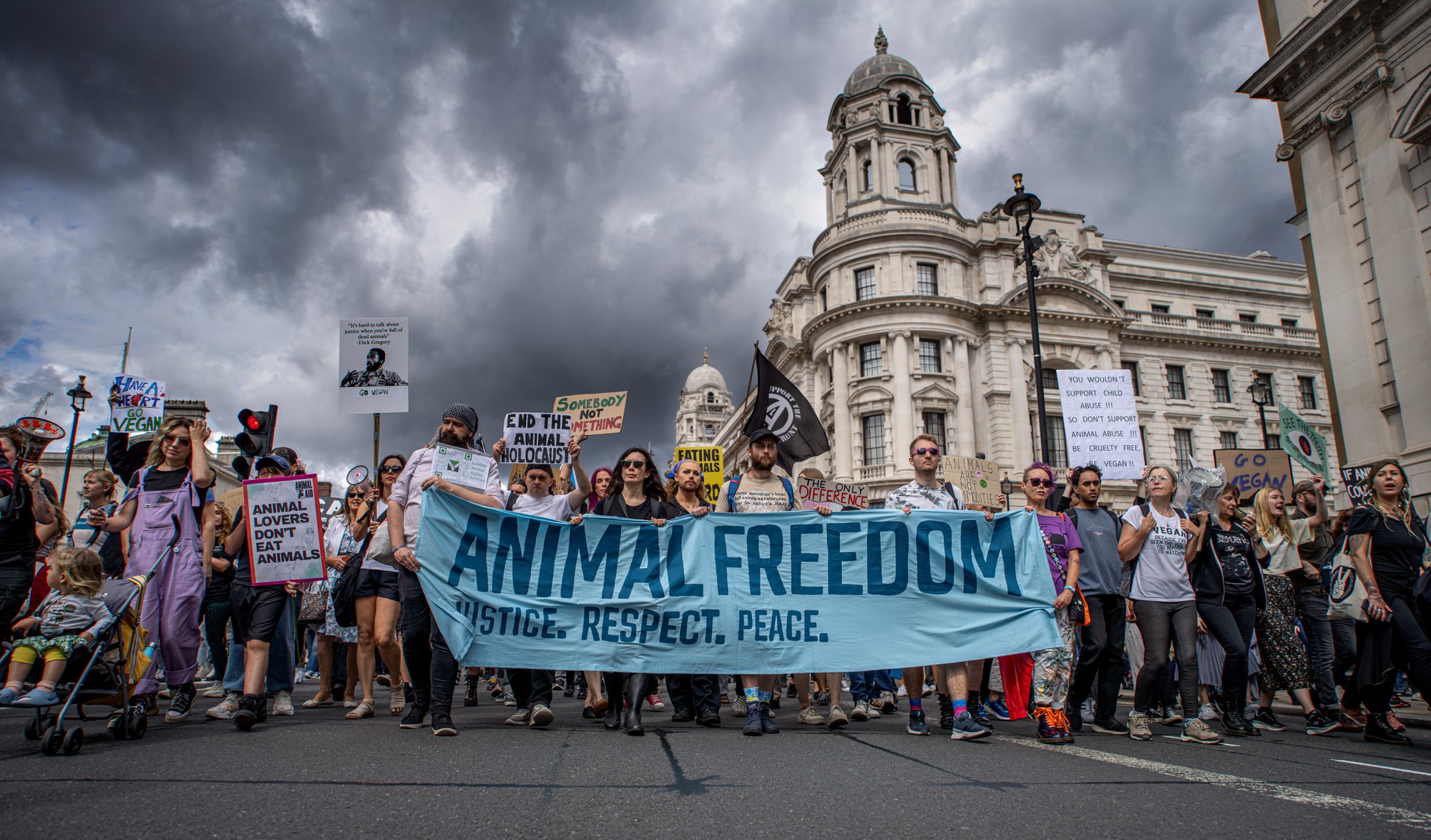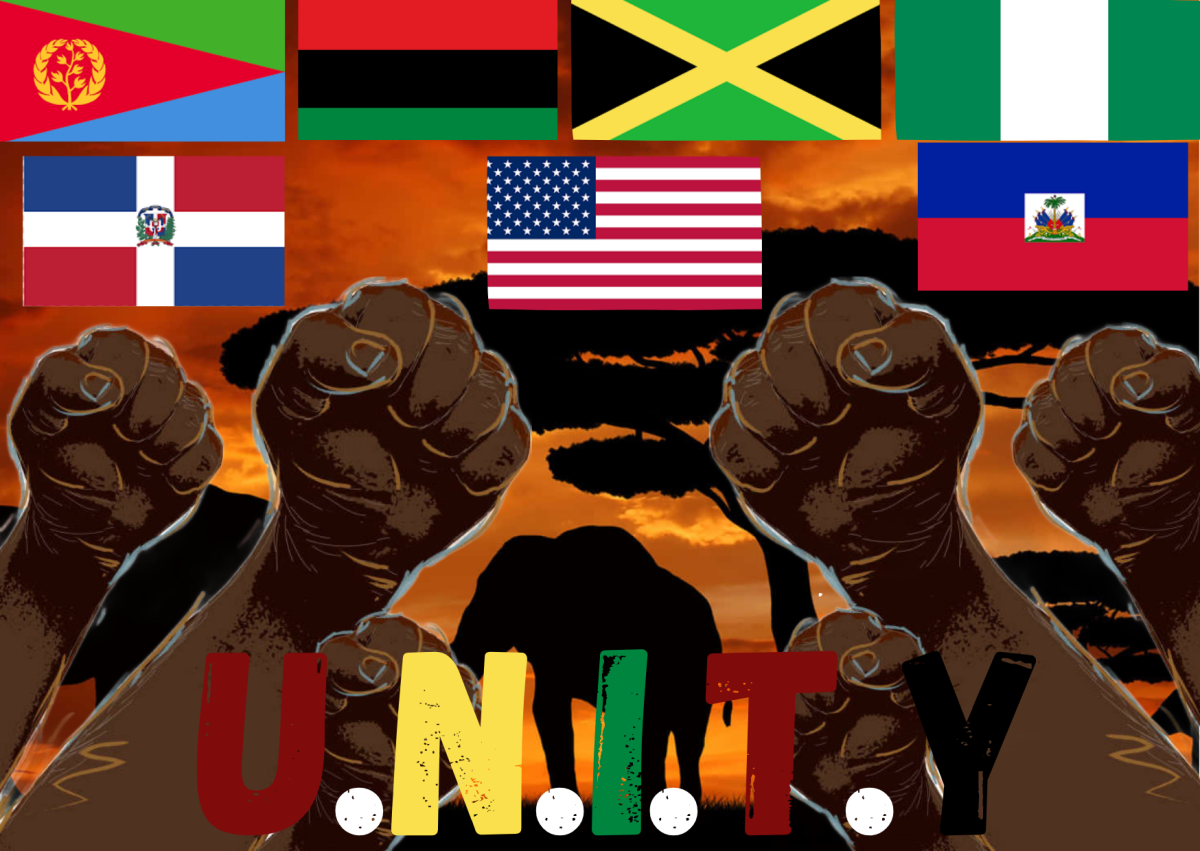This seems like an ethical practice aimed at stopping animal cruelty and promoting a healthy lifestyle without harming the earth. We have progressed enough as a species that we no longer need to consume animals, right?
Morality aside, vegan activist groups and blogs have been very adamant that going vegan is a step in the right direction to bettering our environment and ending unnecessary pollution caused by factory farming and waste from livestock.
In the face of a climate disaster understanding how large industries contribute to the impending crisis is an important facet many must consider.
Demonizing and critiquing others for their choice to consume meat is hypocritical once one comes to learn that any diet under our current industrial agriculture systems will not be sustainably sourced, nor climate conscious.
Simply ask yourself how your vegan and cruelty-free options made it to the market. The mass production of anything will as a result harm the environment by polluting the air and water.
As the effects of climate change continue to mount, many have considered their actions concerning the climate, paving the way for plant-based diets and advocates to grow in popularity, predominantly through social media.
Vegan activism on social media has been used generally to garner a positive narrative surrounding plant-based diets, though it has also been a host of hate, contradiction and demonization of those who consume meat.
Kadie Diekmeyer, a Canadian animal rights and vegan activist, infamously known on TikTok as, “That Vegan Teacher,” is notorious for creating controversy online.
Diekmeyer has made extreme statements in the name of veganism, targeting the LGBTQ+ community, Black people, persons with disabilities and multiple religions.
Diekmeyer has gone as far as to say that the killing of animals for meat consumption is comparable to the Holocaust.
Diekmeyer is not the only one who has stirred controversy for their radical opinions. Before her, there was Onision, Freelee the Banana Girl, and Morrissey. They all use their platform and notoriety to shame and bully those who do not adopt a vegan lifestyle.
What all four have in common is their hypocrisy, preaching of morality and humanity when they have no qualms about resorting to racism, prejudice, body shaming, promoting hysteria, and making fun of eating disorders.
Demonizing people for consuming animal products on the grounds of morality is not a productive argument because it promotes another form of hatred and intolerance towards people with opposing views.
It would be much more productive to educate the public using unbiased arguments on how they can apply more sustainable and ethical practices.
While contemporary vegan activism on social media is focused on the actions of individuals, it is important to broaden one’s horizon when considering how plant-based diets affect the climate.
Though modern agriculture and food systems are at risk of changing climate and its effects, such systems have also been found to be one of the largest contributors to the climate crisis.
Modern industrial agriculture systems heavily rely on transporting goods across long distances, particularly in regions that cannot grow certain seasonal crops.
This transportation, typically by air travel, creates more greenhouse gas emissions when compared to poultry meat, in addition to approximately ½ of the transported food being discarded due to spoiling.
Plant-based diet foods often require the use of synthetic fertilizers, which have been found to emit large amounts of carbon and methane into the atmosphere, making up 3% of global greenhouse gas emissions.
Farming in any case requires large amounts of water, though regions with much drier climates, such as California, must transport this water across long distances.
California’s State Water Project provides water for millions across Northern and Southern California in a 600-mile span.
Though it provides an important resource to much of the state and is crucial for farming, the SWP’s supply chain emits 0.25 metric tons of greenhouse gas per acre-foot of water, according to 2020 findings.





















Deniene Rivenburg • Feb 26, 2024 at 8:07 pm
This editorial lacks a clear relevance or significance to the campus community, which is the top consideration among rating standards. Had there been protests on campus, or an incident on campus of this creating clashes within the community, this would have received a much higher rating.